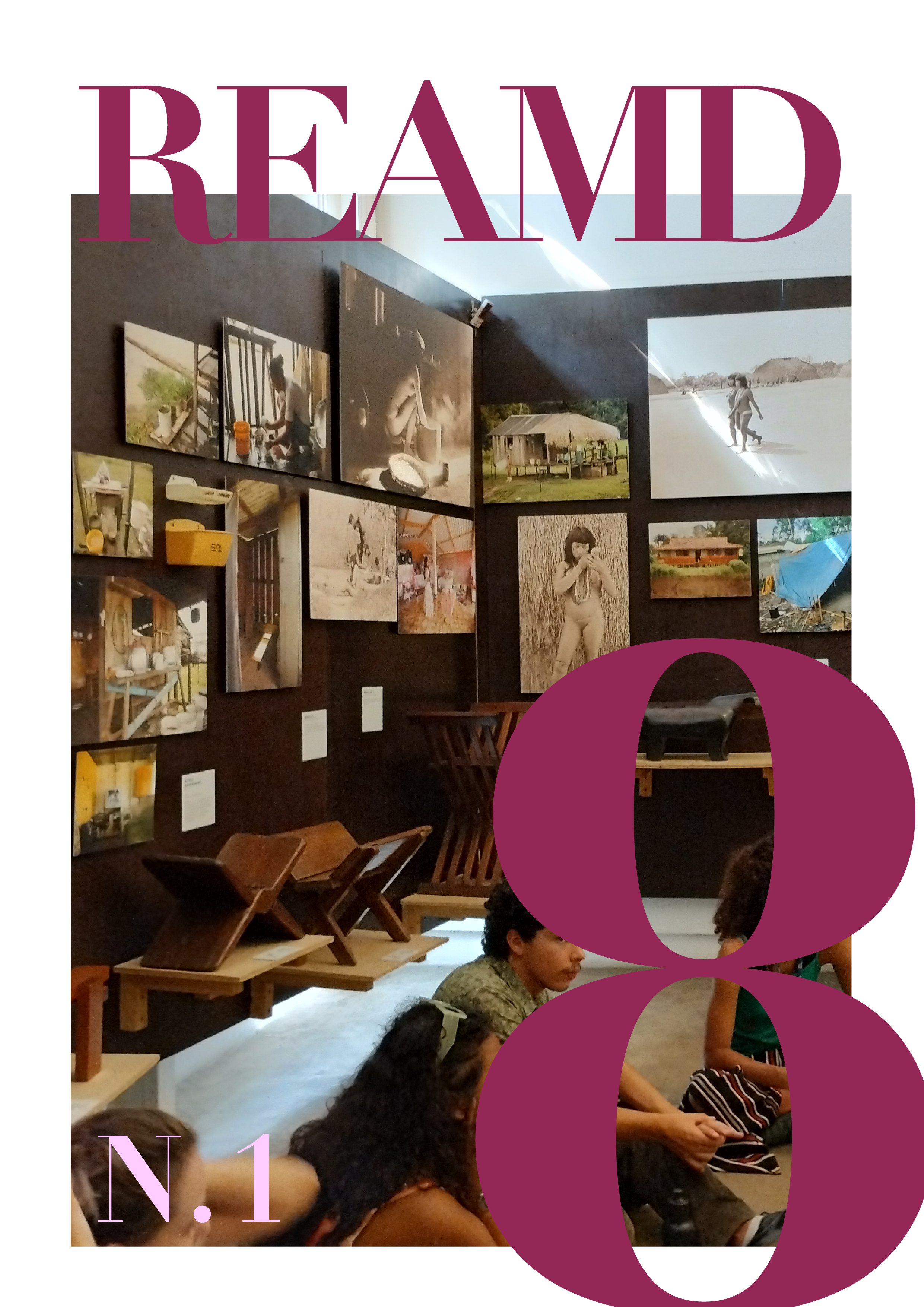Entrevistando na sala de artes: percursos por uma educação contra-hegemômica
DOI:
https://doi.org/10.5965/25944630812024e5013Parole chiave:
pedagogia Histórico-crítica, ensino de artes, formação de professoresAbstract
A entrevista surge a partir de discussões sobre o quadro Entrevistando na sala de artes do canal do Laboratório Interdisciplinar de Formação de Educadores (LIFE) no Youtube. O quadro, iniciado em 2019, tem o propósito de entrevistar professores da educação básica que dialogam com a pedagogia histórico-crítica (PHC). Com oito entrevistas até o momento, decidimos entrevistar a professora Maria Cristina da Rosa Fonseca da Silva, figura central tanto no quadro do canal quanto em nossos estudos sobre PHC, em nossa docência e carreira acadêmica. A iniciativa de realizar a entrevista surgiu durante a disciplina Tópico Especial: Ensino das Artes Visuais na Atualidade, ministrada em 2023/2 pelo Programa de Pós-Graduação em Artes Visuais (PPGAV/UDESC). A entrevista foi proposta como atividade avaliativa, alinhando-se ao objetivo de abordar professores com pesquisas relacionadas ao ensino de artes visuais na contemporaneidade. Optamos por entrevistar a professora Maria Cristina, nossa orientadora, cujo percurso docente e pesquisa significativa contribuem para a área de ensino de artes visuais. Dessa forma, a entrevista proporciona não apenas a retomada do quadro, mas também uma reflexão sobre a influência da PHC em nossos estudos e prática docente, além de destacar a importância da professora Maria Cristina como referência no ensino de artes visuais a partir do materialismo histórico-dialético.
Downloads
Downloads
Pubblicato
Come citare
Fascicolo
Sezione
Licenza
Copyright (c) 2024 Thalita Emanuelle De Souza, Janaína Enck

TQuesto lavoro è fornito con la licenza Creative Commons Attribuzione 4.0 Internazionale.
- Gli autori conservano i diritti d'autore e concedono alla rivista il diritto della prima pubblicazione, con l'opera simultaneamente licenziata sotto la Licenza Creative Commons Attribuzione 4.0 Internazionale, la quale permette:
1. Condividere — copiare e ridistribuire il materiale su qualsiasi supporto o in qualsiasi formato, per qualsiasi fine, anche commerciale.
2. Adattare — remixare, trasformare e creare a partire dal materiale per qualsiasi fine, anche commerciale. Il licenziante non può revocare questi diritti finché vengono rispettati i termini della licenza.
In accordo con le seguenti condizioni:
1. Attribuzione — È necessario attribuire la paternità dell'opera in maniera appropriata, fornire un link alla licenza e indicare se sono state effettuate delle modifiche. Questo deve essere fatto in qualsiasi circostanza ragionevole, ma non in modo tale che suggerisca che il licenziante avalli l'utilizzatore o il suo utilizzo.2. Nessuna restrizione aggiuntiva — Non è possibile applicare termini legali o misure tecnologiche che limitino legalmente altri dallo fare qualsiasi cosa la licenza permetta.
-
Il plagio, in tutte le sue forme, costituisce un comportamento editoriale eticamente scorretto ed è inaccettabile. Questa rivista utilizza il software di controllo della similarità iThenticate.






